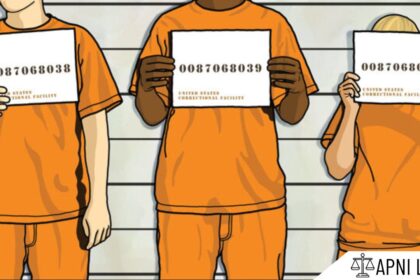Code
(1) A warrant of arrest shall ordinarily be directed to one or more police officers; but the Court issuing such a warrant may, if its immediate execution is necessary and no police officer is immediately available, direct it to any other person or persons, and such person or persons shall execute the same.
(2) When a warrant is directed to more officers or persons than one, it may be executed by all, or by any one or more of them.
Explanation
– This section clearly defines the recipient of a warrant for apprehension.
– The warrant must explicitly name the officer(s) it is addressed to.
– These officers are then obligated to apprehend the person mentioned in the warrant.
– The apprehended individual is then brought before the Magistrate or Court that issued the warrant.
Illustration
– If a Magistrate issues a warrant for the arrest of Mr. X, it will be directed to a specific police officer or officers.
– The warrant will instruct those officers to arrest Mr. X and bring him before the issuing Magistrate.
Common Questions and Answers
Q: Can a warrant be directed to a private individual?
A: No. Warrants for apprehension are solely directed to police officers or other designated law enforcement officials.
Q: What happens if the named officer is unavailable?
A: If the officer named in the warrant is unavailable, a higher ranking officer can execute the warrant.
Q: Can a warrant be issued for a specific crime?
A: Yes. Warrants for apprehension can be issued for specific offences or crimes.








